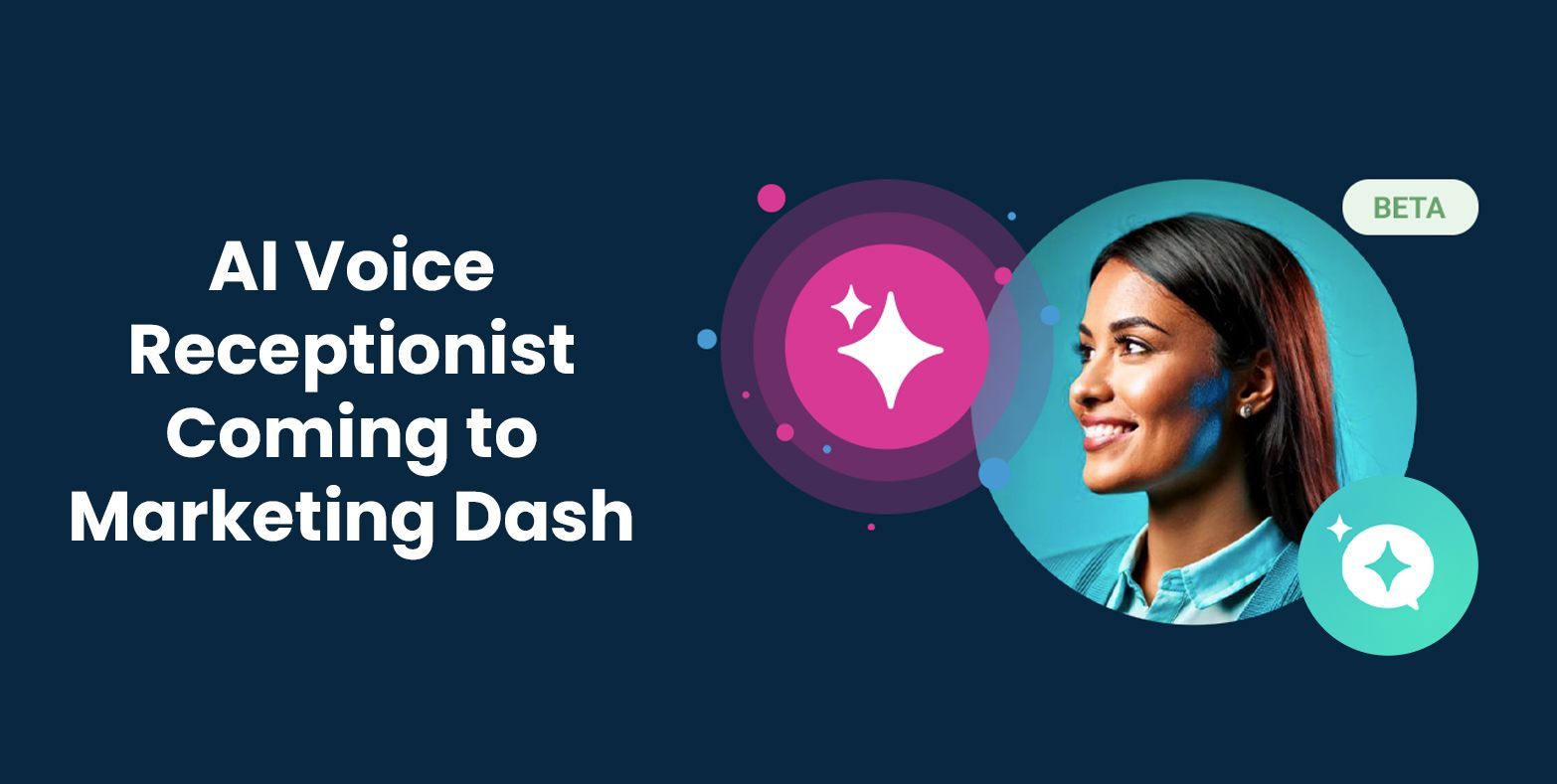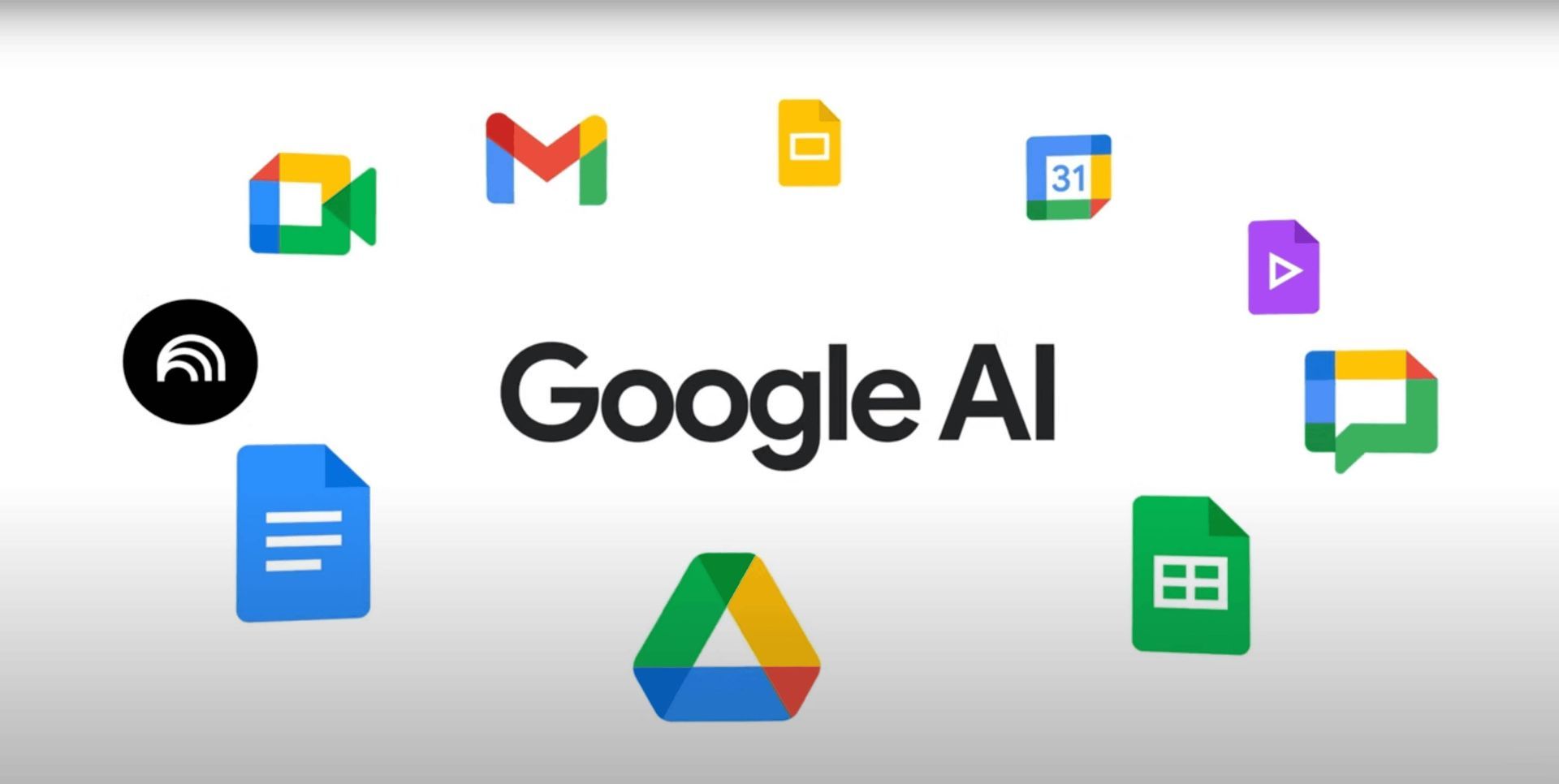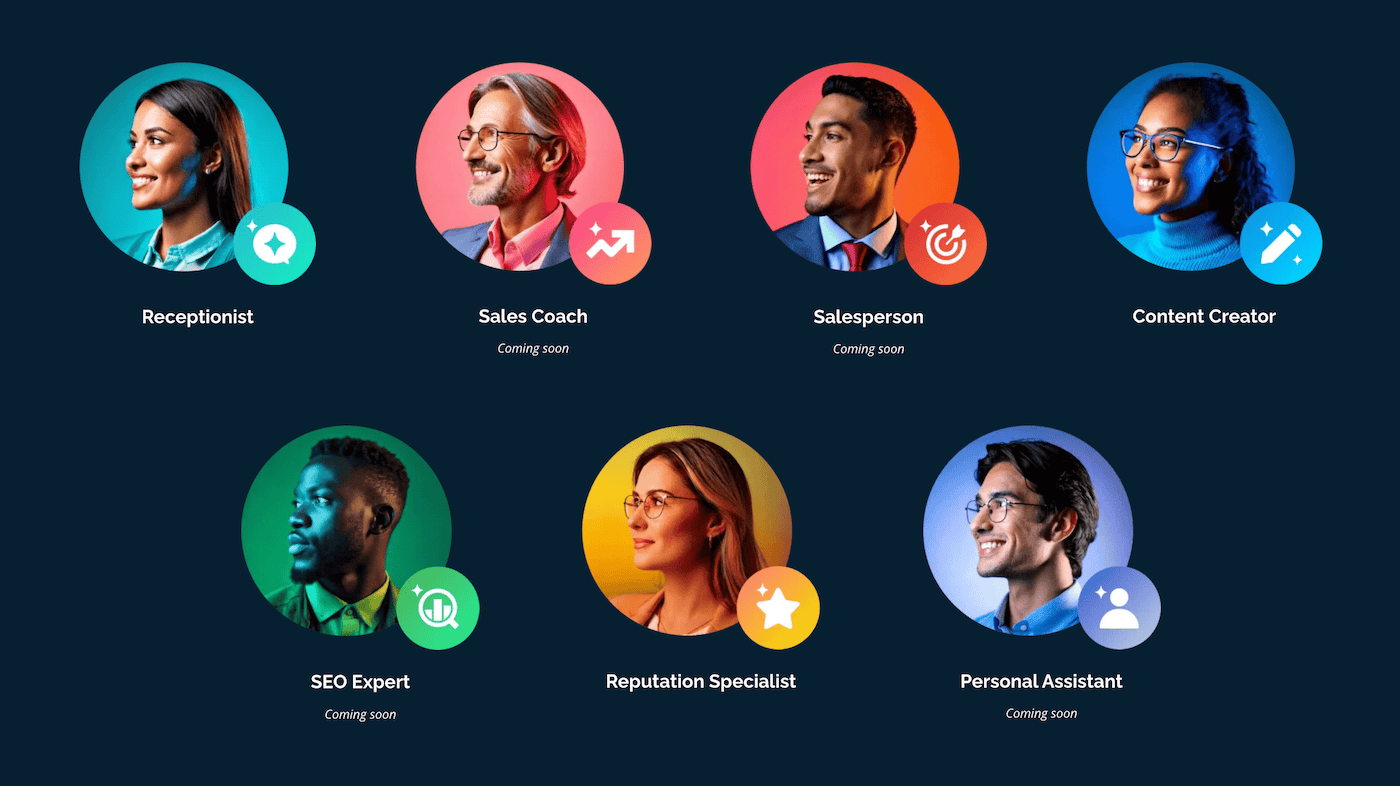
Why Your Business Still Needs Human Copywriters in the Age of AI
In today's digital world, algorithms and automation have become the backbone of many businesses. There seems to be a never-ending stream of software and tools that promise to streamline tasks and increase efficiency, often resulting in job cuts. One area that has been greatly impacted by this trend is copywriting.
With AI-powered content generation tools becoming increasingly sophisticated, some may argue that human copywriters are no longer necessary for businesses. However, I strongly disagree with this notion.
Overseeing a team of professional copywriters with years of experience in both traditional and digital marketing, I firmly believe that businesses still need human copywriters more than ever before.
In this blog post, we will explore why relying solely on technology for your business's content needs may not be the best idea and how the human touch can elevate your brand's messaging and connect with your audience on a deeper level.
The Rise of AI and Automation in the Marketing World
The advent of artificial intelligence (AI) and automation has undeniably revolutionized many industries, including marketing. From data analysis to customer service, these technological advancements have streamlined a wide array of tasks, enabling businesses to operate more efficiently and at a larger scale.
AI and automation are particularly prominent in the realm of content creation. Sophisticated AI software can now generate written content at a rapid pace, often without requiring any human intervention. This shift towards automated content generation might seem like the ideal solution for businesses seeking to save time and resources.
Yet, despite the undeniable efficiency of AI and automation, they lack the human touch that is so crucial in crafting compelling, emotionally driven copy. While AI can mimic human-style writing to a certain extent, it cannot empathize with the reader, inject humor, or tell a captivating narrative that truly resonates with the audience.
As such, the rise of AI and automation in the marketing world underscores the irreplaceable value of human copywriters.
The Limitations of AI and Automation in Copywriting
Despite the impressive capabilities of AI and automation, they have inherent limitations in the domain of copywriting. For starters, AI-based tools
are unable to decipher context in the way humans can. They can easily misinterpret nuances, subtleties, and cultural references, potentially leading to content that doesn't align with a brand's voice or the audience's expectations.
Additionally, AI and automation lack creativity and originality. They are designed to learn from existing content and replicate it, which can result in content that is repetitive and lacks a unique perspective. In cruder terms, were talking about regurgitation of content, resulting utterly useless crap.
Finally, while AI and automation can analyze data and metrics, they cannot truly understand human emotions. They are incapable of empathizing with human experiences and crafting stories that evoke specific feelings. This lack of emotional intelligence is a significant drawback for creating copy that resonates with the audience on a deeper level.
In contrast, human copywriters can navigate these complexities with ease. They can interpret context, inject creativity, and understand the emotional underpinning of a message. Therefore, despite the rise of AI and automation, the need for human copywriters in the business world remains paramount.
The Human Element in Effective Copywriting
Human copywriters bring a unique and irreplaceable element to the table - the human touch. It refers to the ability to empathize with the audience, understand their needs, emotions, desires, and fears, and craft a message that speaks directly to them.
A human copywriter can paint a vivid image, tell a captivating story, evoke powerful emotions, and create a strong connection between a brand and its audience.
Furthermore, human copywriters are adept at creating original and diverse content that reflects the brand's unique voice and personality. They can incorporate humor, wit, and creativity into their copy, elements that AI and automation struggle to replicate.
Additionally, human copywriters can adapt to evolving trends, understand societal changes, and adjust their messaging accordingly. They can also incorporate cultural nuances and references that resonate with a specific demographic, creating content that is relatable and engaging.
In conclusion, while AI and automation offer undeniable benefits in terms of efficiency and scalability, they should not, cannot, and (God unwilling) will not replace the human element in copywriting.
Building Trust and Creating Emotional Connections Through Language
The power of language in building trust and establishing emotional connections cannot be underestimated. Authentic, empathetic, and emotionally nuanced language can help businesses build lasting relationships with their target audience.
Human copywriters excel in this domain, leveraging their innate understanding of human emotions and cultural subtleties to craft messages that resonate. They can identify the right words and phrases to elicit specific emotions, build trust, and foster a sense of belonging. They understand that trust is built not just through what is said, but also how it's said. Tone, style, and voice all play a critical role in creating a sense of trust and authenticity.
When a brand consistently communicates in a way that aligns with its core values and resonates with its audience's experiences, it fosters a sense of trust and reliability. This emotional connection can lead to increased customer loyalty, brand advocacy, and ultimately, commercial success.
On the other hand, while AI and automation tools can generate content based on pre-set rules and guidelines, they often fall short in creating emotionally nuanced and culturally sensitive content. They lack the inherent human ability to understand and manipulate language in a way that genuinely connects with the audience on an emotional level.
In conclusion, the trust and emotional connection established through carefully chosen language is a critical element of effective copywriting. It is an area where human copywriters truly shine, and one where AI and automation tools still have a long way to go.
Conclusion
In conclusion, while the rise of AI and automation has brought undeniable efficiency and scalability to the realm of content creation, it has not diminished the need for human copywriters.
The irreplaceable human touch, the ability to empathize with audiences, and the understanding of cultural nuances and subtleties are assets that human copywriters bring to the table.
Therefore, despite technological advancements, human copywriters remain an integral part of the marketing world, helping businesses to communicate effectively with their audiences, build trust, and foster long-lasting relationships. Indeed, the art of copywriting remains a profoundly human endeavor.
About Us
Digital Aspect Marketing should be your one-stop shop if you are looking for a reputable digital marketing agency to help you grow your business. We are a team of dedicated professionals who believe in creating personalized marketing strategies using advanced technology and data insights to help your business grow.
We can help your business with all the SEO points you have learned about above, with full transparency along the way. Our services include website design, SEO , Content Marketing, Social Media, Google Advertising , and much more.
Schedule a free consultation today by filling out our contact form, or you can reach us at (727) 249-4662.
Sign up for our newsletter:
Newsletter!
Thank you for subscribing!
Oops, there was an error.
Please try again later.
Recent Posts:
Digital Aspect Marketing
Your dedicated partner in navigating the dynamic realm of digital marketing. Servicing the United States, Canada, and pretty much anywhere there is internet!
Contact us today to get your free, no-obligation consultation!





